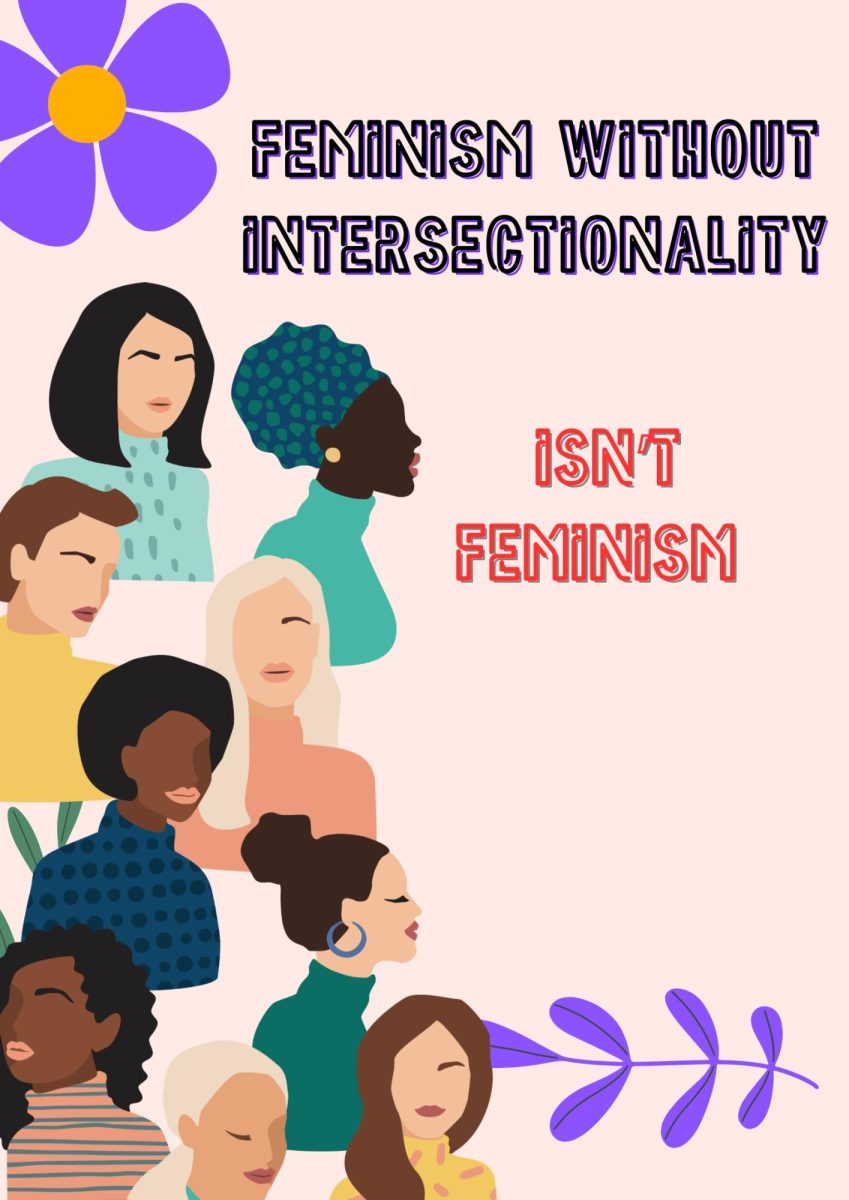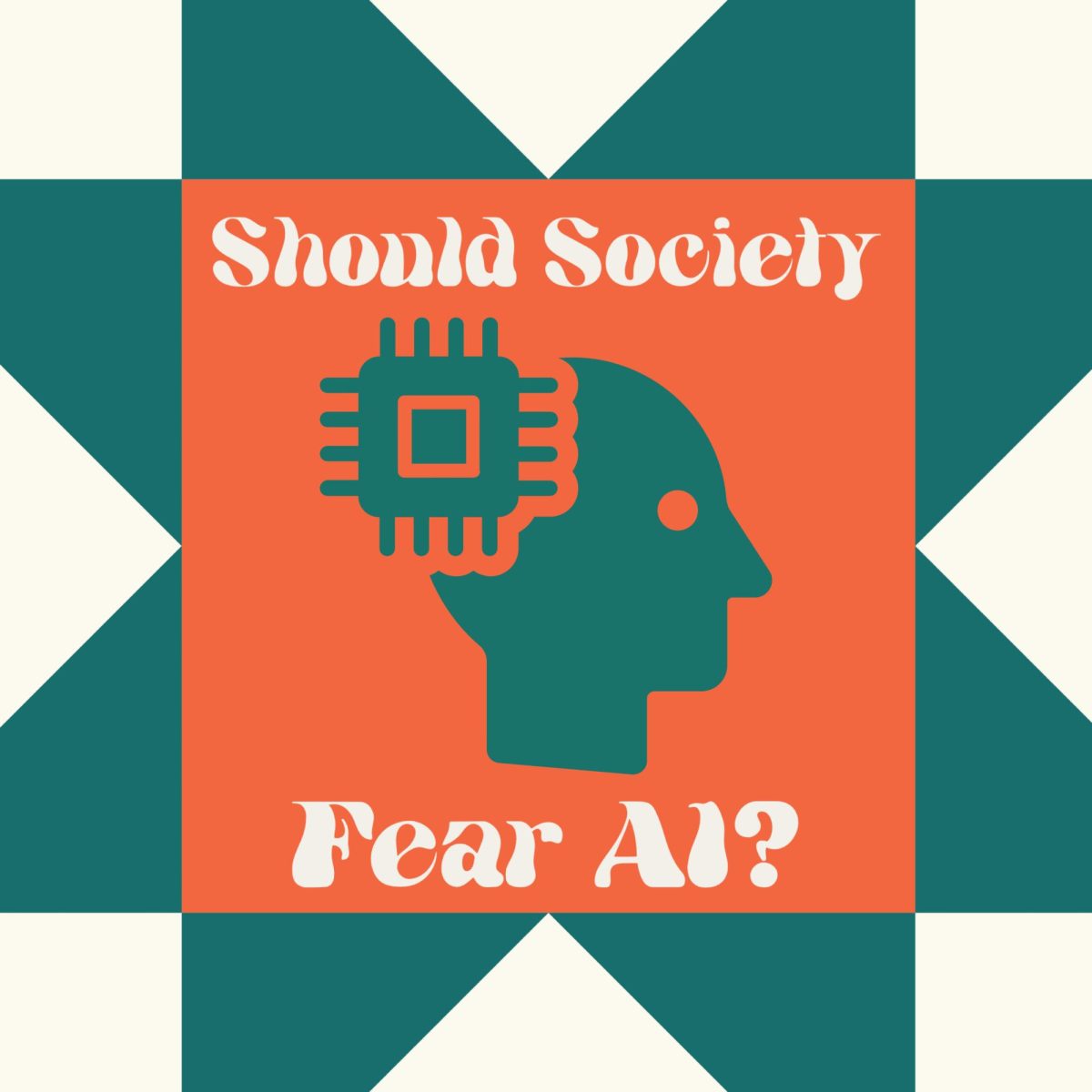Intersectionality means including every section of a community or subject of focus; this concept is now being applied to feminism How could we protect the rights of everyone without including everyone?
What is feminism?
Feminism is the theoretical and activist movement that advocates for equality and rights for women, eradicating a system of society or government in which men hold the power and women are largely excluded from it, and the oppression of power against women.
A brief history: the four waves of feminism
There are several branches of feminism (radical, liberal, Marxist, etc.), and the influence of different feminist groups has changed with time. Feminism has had four waves over time, History News writes.
Feminism’s first wave spanned from 1848 to 1928. This wave of feminism focused on women’s suffrage, specifically the right to vote. However, this liberal feminism focused only on gender equality and was led entirely by middle-class white women despite people of color being involved throughout the campaign.
The second wave, occurring from 1960 to 1990, focused on social rights such as the dismantling of traditional gender values. The second wave was often known as “the sexuality revolution” and is when feminism became more radical.
The third wave, taking place from 1990 until 2012, was focused on questioning and redefining ideas about gender and sexuality. This wave also considered the role media and cultural works have played in ascribing gender norms. Third-wave feminism also saw the emergence of the ecofeminism branch.
The fourth wave, beginning in 2012 and continuing to the present day, is focused on sexual harassment, rape culture, body shaming, and misogynistic microaggressions. Fourth-wave feminism has led to the well-known “Me Too” movement and further social activism.
Intersectionality in feminism
Intersectionality means the inclusion of every section of a community or society. Intersectionality in feminism means seeking improved conditions for every section of women (ethnicities, disabilities, religions, etc.) in the fight or movement to protect the rights of all. Intersectionality in feminism means that all women will be safeguarded to have the same rights, and the same respect for their integrity, dignity, and person as any other human being.
“The operations of power on the basis of inequality relations constructed along lines of gender, class, sexuality and race, ” Paulina de los Reyes and Diana Mulinari, professors of Gender Studies at Stockholm University, wrote in their explanation on the role of intersectionality within feminism.
Reyes and Mulinari seek to clarify the belief that women are not only oppressed by gender, but also due to race, class, and sexuality.
“An understanding of intersectionality that included not only social categories but also social relations, social formations and epistemological premises… to challenge what was recognized as normal and right but also to acknowledge the existence of other kinds of subversive feminism knowledge that has reminded at the margins, as indigenous, anti-racist and trans feminism,” De los Reyes writes.
Intersectionality is an important aspect of feminism since it acknowledges that feminism is intended to help improve conditions for all women which differs from hegemonic feminism.
Feminism that focuses on middle-to-upper class white cis females (hegemonic feminism) excludes other women; if feminism only focuses on hegemonic women, then the rights of bisexual, lesbian, Hispanic, Asian, Black, trans, poor, women, and more, will not be respected. Feminism seeks to safeguard the rights of every woman; this includes every kind of woman, no matter their race, age, class, sexuality, or other social factors.
Intersectionality has become a main topic of discussion for feminists; it is with the support of intersectional feminists that all kinds of women have been able to free themselves from the oppression exerted on them. That is why intersectionality is important in feminism.








